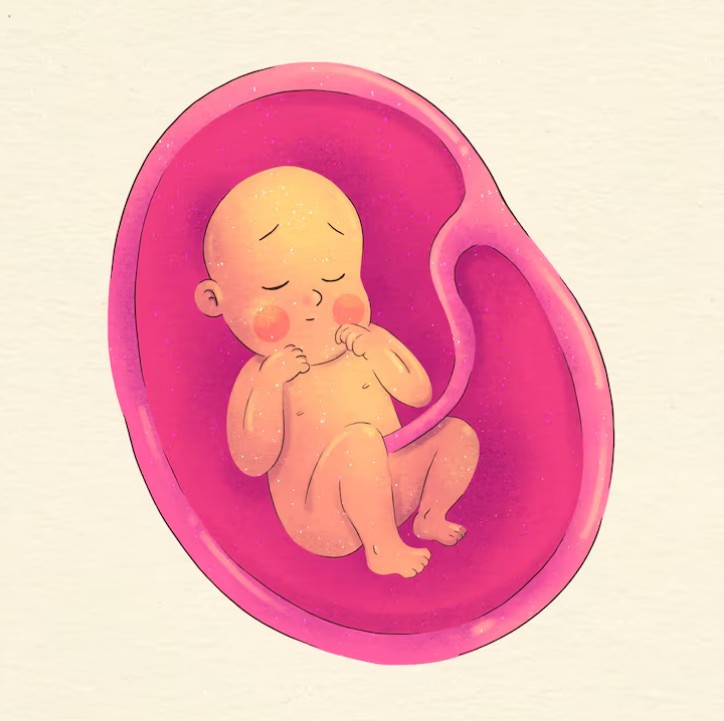
Pregnancy is often described as a journey of transformation, both physically and emotionally. Among the many changes a woman’s body undergoes, the development of the placenta is one of the most critical. Often referred to as the “lifeline” between mother and baby, this temporary organ begins forming shortly after conception and works tirelessly until birth. Yet, many women know little about its role in supporting a healthy pregnancy.
The placenta is a unique organ that develops inside the uterus during pregnancy. It connects to the baby via the umbilical cord and allows for the exchange of oxygen, nutrients, and waste products between mother and child.

According to Dr Prachi Sarin Sethi, Senior Consultant – Obstetrician, Gynaecologist & Laparoscopic Surgeon, Motherhood Hospitals, Gurgaon, “The placenta is the hardest-working organ during pregnancy. It nourishes, protects, and supports the baby every single day until delivery.”
The placenta serves several essential purposes:
Don't Miss: 5 Common Myths About Weight Loss Injections, Laparoscopic Surgeon Explains
While the placenta is vital, complications can occur:
Dr Sethi stresses that “regular prenatal check-ups are key to detecting placental problems early. Timely medical intervention can prevent risks to both mother and child.”

Maintaining placental health is closely linked to the mother’s lifestyle and care routine. Experts recommend:
The placenta may be temporary, but its impact lasts a lifetime. By supporting the baby’s development from conception to birth, it truly is the hardest-working organ in pregnancy. Expectant mothers are encouraged to care for their own health to ensure this “silent hero” functions at its best.
Don't Miss: Monsoon and Period Health: Top 6 Workplace Measures for Women’s Wellbeing, Expert Explains
Keep reading Herzindagi for more such stories.
Image Courtesy: Freepik
Also watch this video
Herzindagi video
Our aim is to provide accurate, safe and expert verified information through our articles and social media handles. The remedies, advice and tips mentioned here are for general information only. Please consult your expert before trying any kind of health, beauty, life hacks or astrology related tips. For any feedback or complaint, contact us at compliant_gro@jagrannewmedia.com.